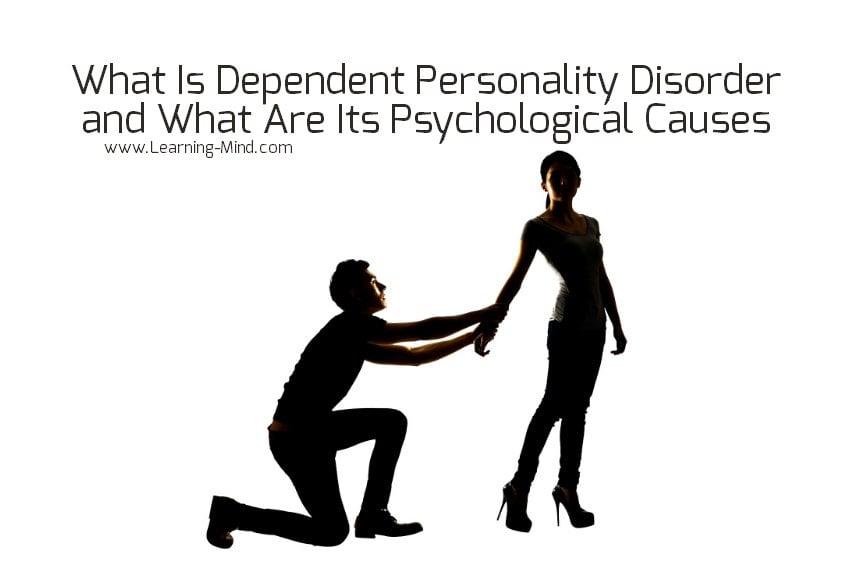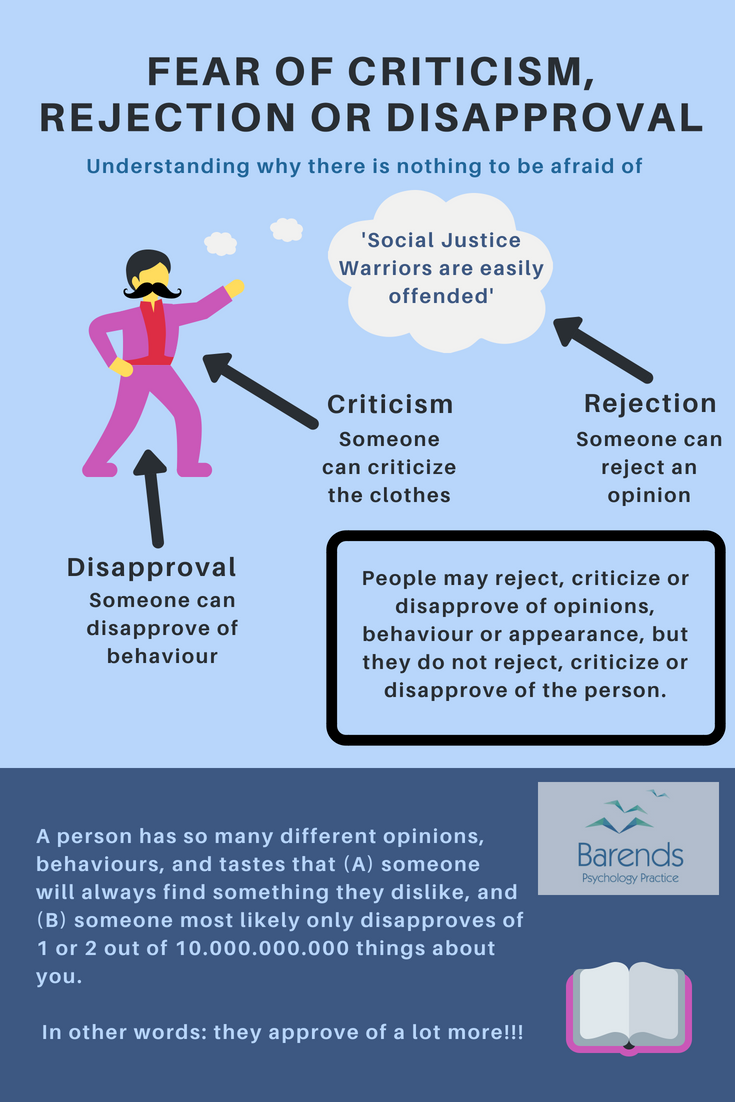Fine Beautiful Info About How To Deal With Dependent Personality Disorder
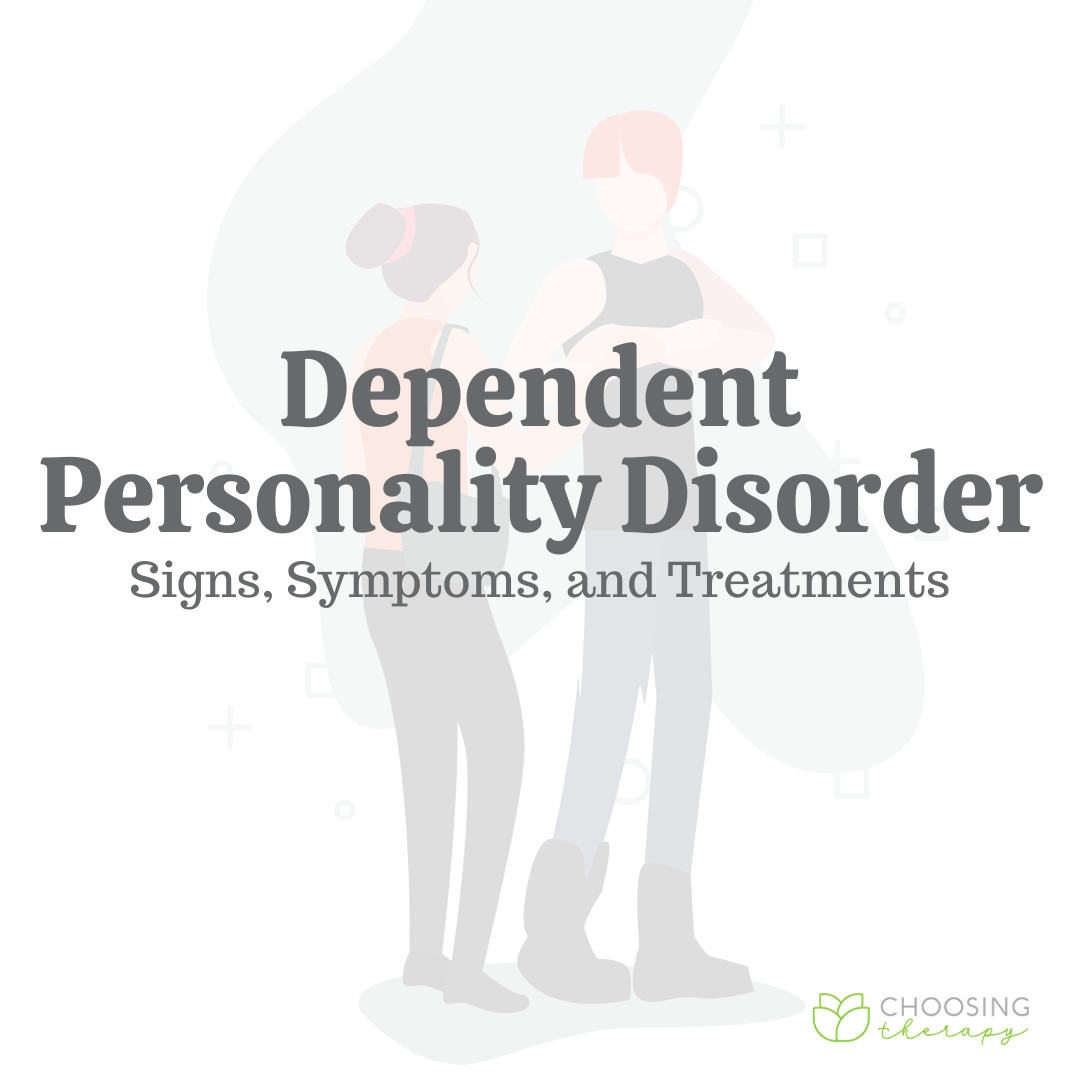
Treatment for dpd may include a combination of individual talk.
How to deal with dependent personality disorder. Accept yourself for who you are. Ever y one experiences fear of abandonment or rejection at some point in life, but dealing with dependent personality disorder (or dpd) is far more complex than that. Dependent people often struggle to accept themselves.
The most important thing is to recognize that dependent personality disorder isn’t a “quirk” or a phase your loved one is going through, but a recognizable and treatable mental. But a mental health professional can help you find new ways to cope with difficult situations. The best way you can.
Assertiveness training is always a good idea with a dpd case so they can learn techniques to stand up for themselves and speak their mind without the worry of approval. If you suspect that you may have dependent personality disorder, you should consult a medical professional. Therapy is the cornerstone of treatment for most personality disorders.
If dpd makes it difficult to develop and maintain healthy relationships with others, the best option is to seek help from a compassionate, supportive therapist. If you think you have dpd or think someone you know might have it, then it is important to seek treatment. It combines counseling with group.
One of the most effective new techniques is dialectical behavior therapy (dbt). A person with dependent personality disorder reacts by increasing their appeasement and submission, anxiously and urgently seeking a relationship for care and support. Schema therapy, a psychotherapy approach designed to treat personality disorders, is the most effective treatment for dpd, according to one study.
A person with a dependent personality disorder tend to become too reliant on other people. By having an expert look at your unique experiences and symptoms, you can. Dependent personality disorder can cause anxiety and depression if left untreated.
/VWH_Illustration_Symptoms-of-Dependent-Personality-Disorder_Illustrator_Lara-Antal_Final-bb40b987ce1a4794b65bad0417250c14.jpg)




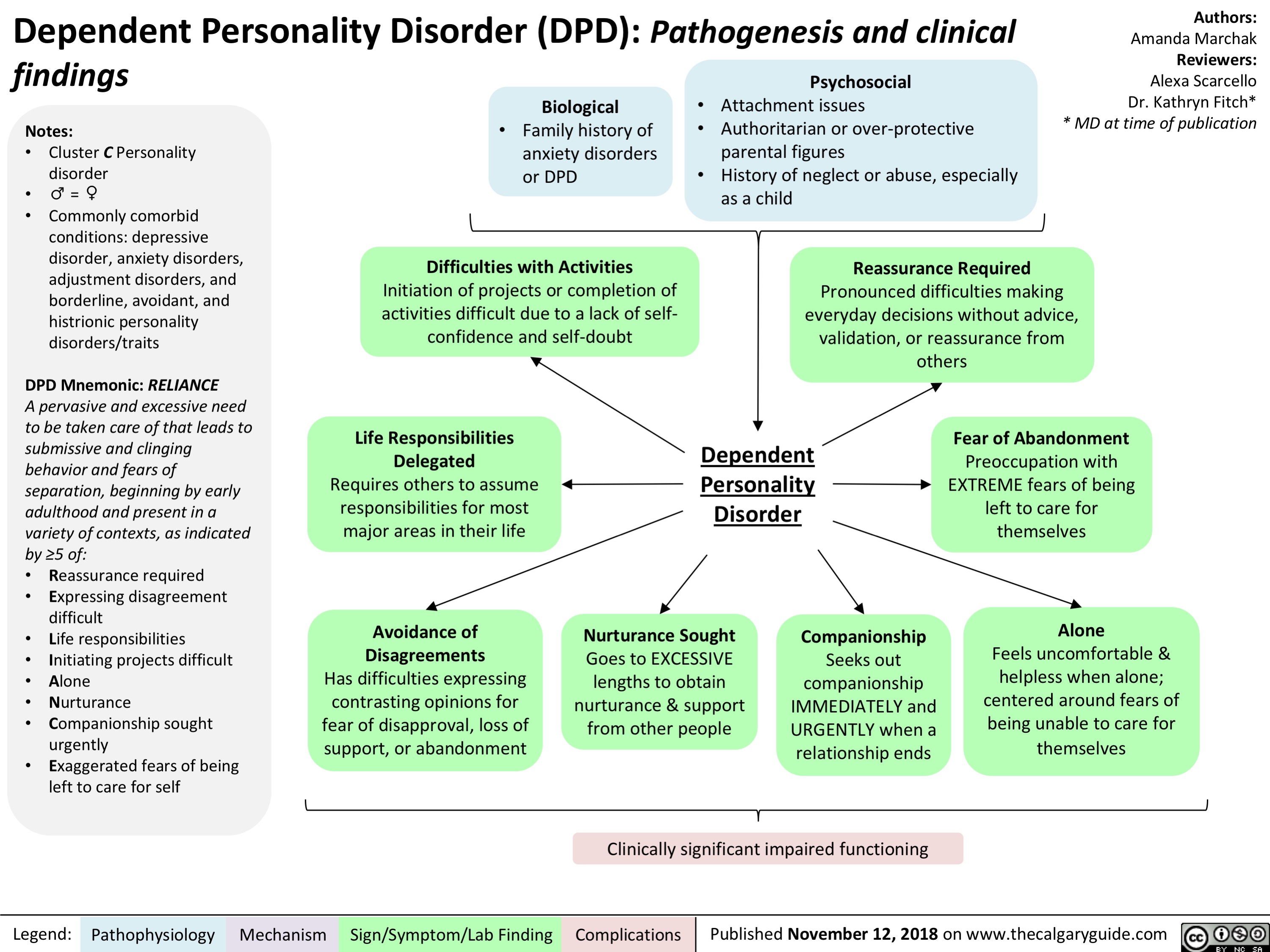

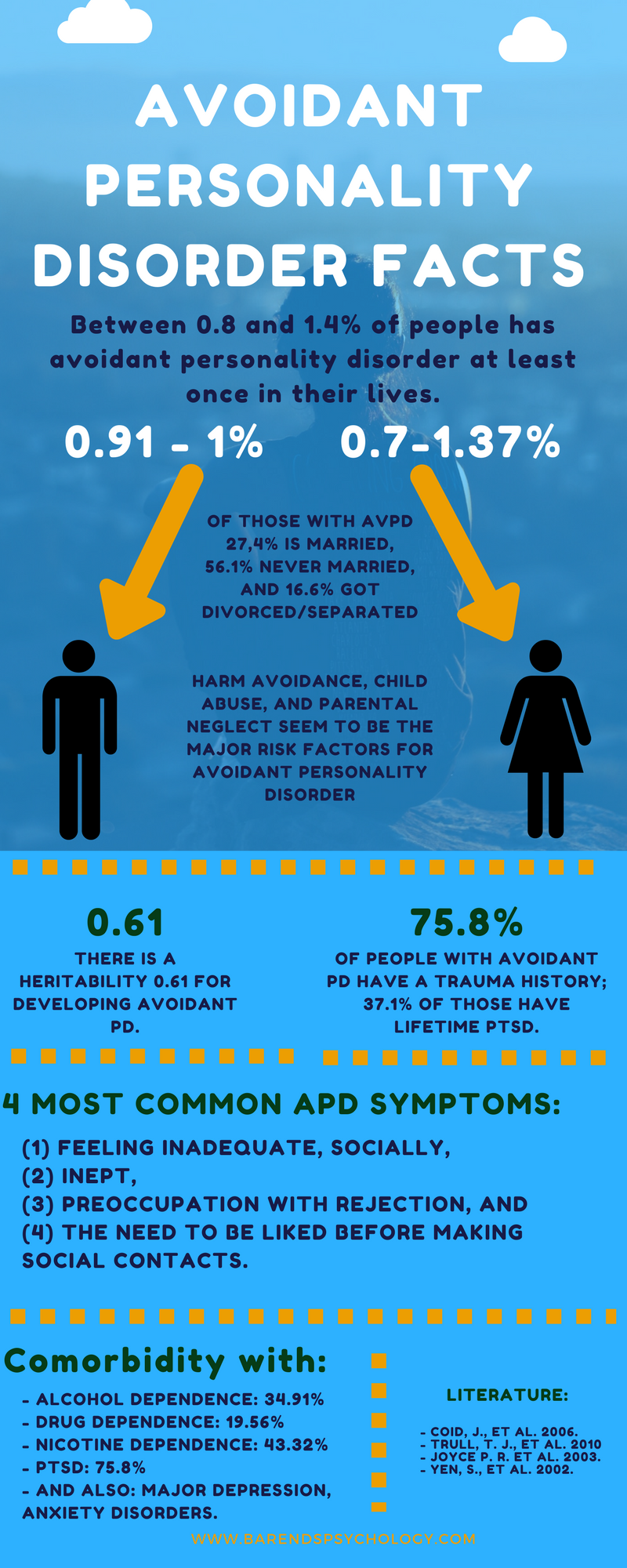
/Personality-disorders-5100910_final-927bda5a8a4d48779a8252c7dc5b22e6.jpg)





